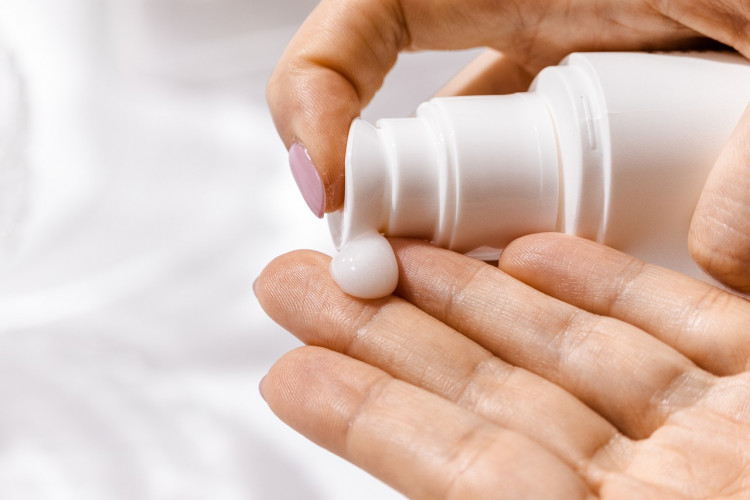As summer intensifies, a surge of anti-sunscreen rhetoric from social media influencers has prompted concern among medical professionals. These influencers claim that sunscreen is harmful, even suggesting it could cause cancer, a notion that dermatologists vehemently dispute.
Dr. Cynthia Abbott, an Atlanta-based dermatologist who goes by "Dr. Sunblock" on Instagram, is among the doctors actively working to counteract this misinformation. "The chemicals from the sunscreen are not going to kill you. The melanoma is going to kill you," Abbott stated emphatically. Her social media presence aims to educate particularly young audiences about the critical importance of sunscreen.
Rising Concerns Among Dermatologists
Dermatologists are alarmed by the potential public health impact of these misleading claims. Dr. Mary Alice Mina, another dermatologist, highlighted the grave consequences of ignoring proper skin protection. "I wish these people could come to spend a day in my clinic and see the devastating effects of skin cancer," Mina said. Both doctors stress that sunscreen is essential for protection against ultraviolet (UV) radiation, a leading cause of skin cancer.
According to the American Academy of Dermatology, skin cancer is the most common cancer in the U.S., with one in five Americans expected to develop it in their lifetime. "Most skin cancers are caused by UV radiation from the sun," Abbott noted, underscoring the necessity of sunscreen as a preventive measure.
Myths vs. Facts
One prevalent myth circulating online is that the sun does not cause skin cancer. However, decades of epidemiological studies have firmly established a link between sun exposure and skin cancer. Dr. Dino Prato, CEO and founder of Envita Medical Centers, explained, "UV exposure wreaks havoc on the skin by generating free radicals that produce inflammation and damage cell function and your skin's DNA. This DNA damage can cause changes in your genes called mutations that lead to skin cancer."
Dr. Susan Massick of The Ohio State University Wexner Medical Center added that damaged skin cells from excessive sun exposure can become precancerous or cancerous with additional exposure. "It's these mutated cells that survive but can then turn precancerous and eventually cancerous in some cases with additional sun exposure," she said.
Debunking Anti-Sunscreen Claims
Another misconception is that sunscreen use is correlated with higher skin cancer rates. This is akin to claiming seatbelts increase car accident rates, said Dr. Gary Goldenberg of Mount Sinai Hospital. He emphasized that sunscreen, when used correctly and in conjunction with other protective measures like wearing hats and seeking shade, significantly reduces the risk of skin cancer.
The increase in skin cancer diagnoses over the years is not due to sunscreen but to factors like aging populations, increased sun exposure, and better diagnostic practices. "Climate change has definitely contributed, with the increase in temperature," Goldenberg noted, indicating that greater awareness and diagnosis also play roles.
Chemical vs. Mineral Sunscreens
The debate between chemical-based and mineral-based sunscreens is another focal point. Both types are safe and effective, though some individuals with sensitive skin might prefer mineral-based options like zinc oxide and titanium dioxide due to lower chances of irritation. "Mineral sunscreens are not necessarily safer, but they are less likely to cause rash or skin irritation in the way some sunscreens can for people with sensitive skin," Massick explained.
Consumers are advised to avoid sunscreens containing oxybenzone and octinoxate due to their harmful effects on marine ecosystems and to stay updated on recalls of products containing benzene, a harmful chemical.
Best Practices for Sunscreen Use
When choosing a sunscreen, experts recommend looking for products with broad-spectrum UVA and UVB protection, a high SPF (50+), and water resistance for at least 80 minutes. Dr. Prato advised selecting products suited to specific skin types, such as oil-free options for oily skin or hydrating formulations for dry skin.
The Environmental Working Group (EWG) provides an annual guide on the safety and efficacy of sunscreen products, offering consumers reliable information to make informed choices.






